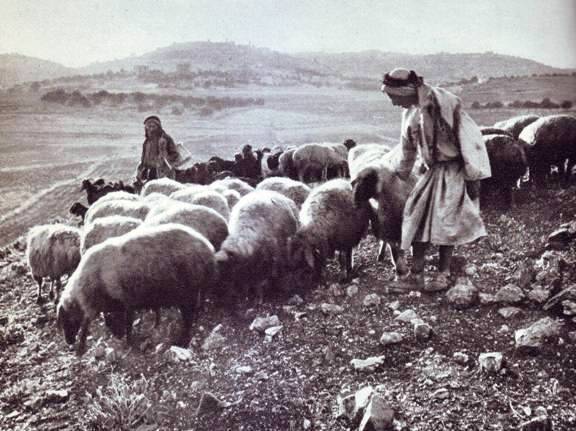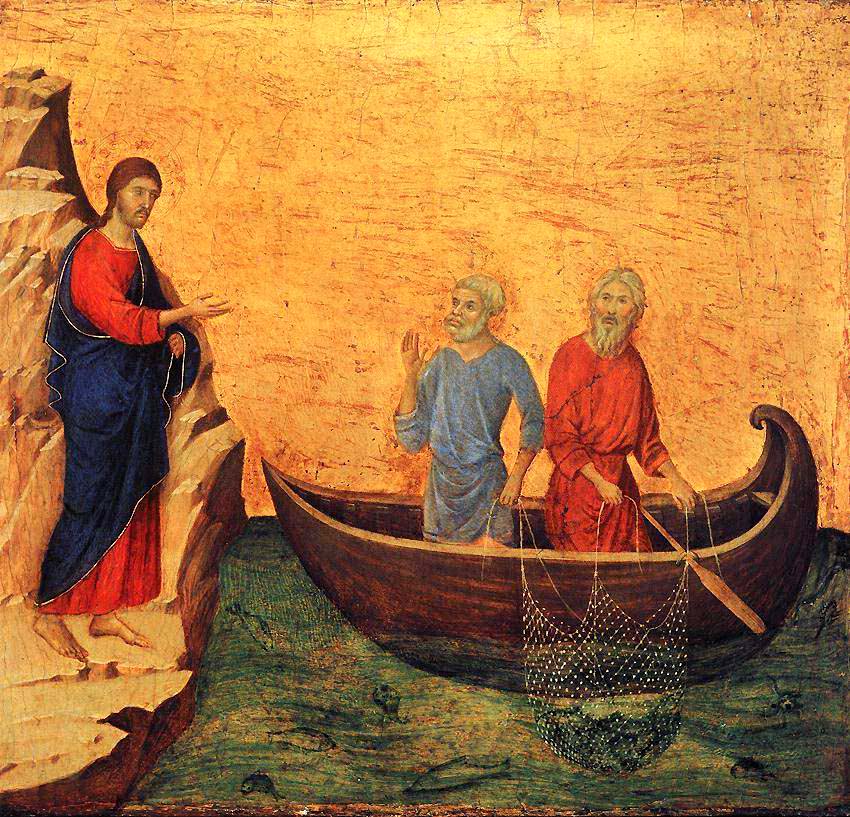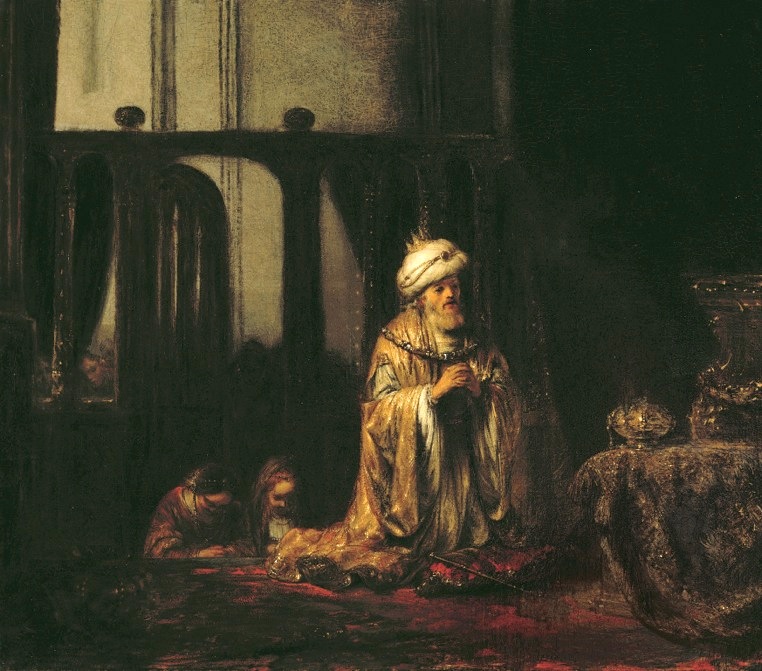This evening we are greeted by a painting of the 17th century Dutch artist Gerrit von Honthorst. Look how the darkness is acknowledged, even emphasized, as if to declare that there is much unknown and not understood in this life, that this is a world in which injustice and illness, betrayal and oppression abound … but that this is also a world in which there is light. The light is not of a spectacular beam from another galaxy or from flaming torches of a royal procession. There is not even a single candle seen. The light comes from … a child. The light comes from God who has come amongst us in Jesus Christ and in love, ‘for us and our salvation’ as the ancient Nicene Creed sings.
When the congregation joins in singing ‘Silent night, holy night’ and hundreds of candles are lit, I love the way the glass dome over the sanctuary comes alive with the reflections of the flames, like twinkling stars or dare I say a heavenly host. This evening we gather with carols and readings and candles, so our lives might be touched by ‘salve’, healing, and our spirits might be renewed by the beauty and certainty of the promises of God. Join us!
There is ample parking available on the streets around and in the public lot off Queen Street. Handicapped entrance and washrooms are available through the western door off Princess Street (you’ll see the ramp). A retiring offering will be received, to support both HomeBaseHousing in Kingston and the care of the 3 million refugees of Syria.







